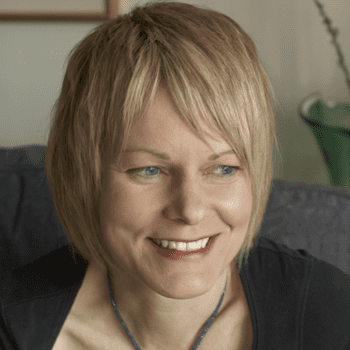I started my poetry collection The Homes We Once Knew through a creative writing thesis in undergraduate school. Until I started working with my mentor Catherine Graham, I was feeling uninspired by the collection and had neglected it. I personally always looked for the criticism and improvement, and Catherine gave me that. I liked coming into the mentorship with the raw book. I didn’t have to worry about big-picture stuff like “what do I even want to write about.” Instead, Catherine and I focused on the subtler and nitty gritty aspects of the book.
Going into DD’s 2015 Long-Form Mentorship program, I expected to better my understanding of rhythm and line breaks. I’ve always had trouble with these areas and usually administered them haphazardly; thankfully it showed in my writing. Catherine really reminded me to focus on these weak spots of my writing. She gave me a lot to think about and always encouraged me to revise more than once and try out different ideas even when I landed on a “good” way to express my thoughts, just because you never know how the end product might turn out or change based on different line breaks, forms, and the like. She jokes that with me she can say all the good things about my work in person, and leave the suggestions and criticisms on writing instead, and I like that; reminds me to think more about where I should be going rather than being happy where I am.
The most challenging parts to write were the poems based on true events in my life. Writing them was in many ways a mixed form of self-understanding, self-therapy, and self-education. The least challenging parts to write were the poems from Ma’s perspective; everyone that I have shown my work to usually says Ma’s their favourite character because she’s really funny, but for me writing her came relatively easily. Surprisingly, some of the more personal poems were the most fun to work on. As I revised there was a distance I got to reach with the work that I wasn’t able to achieve prior to joining this program. The best was finding and showing continuity between poems without forcing it or making connections too obvious for readers.
The biggest change in the manuscript as a result of the mentorship was tightening my work. I have a tendency to want to say as much as possible, so my writing often starts out longer and redundant. As I keep revising, I’m starting to send out individual poems to try and get publications in poetry journals. Once I’ve got some of those individual poems from the manuscript published I’ll look to book publishers. I’m taking things one step at a time, so I will see where I can get The Homes We Once Knew to go, before starting my next poetic endeavor!
The jacket blurb for The Homes We Once Knew would read something like this: “Confused about what it means to be Pakistani, Christian, and Canadian, in Toronto, the Pervez family go through their individual lives connected and disconnected to the world and people around them, trying to understand their sense of place and solidarity.”
My word to future mentees is that new perspective always livens the writing process. It’s weird, but other people’s enthusiasm can re-inspire you to write.



